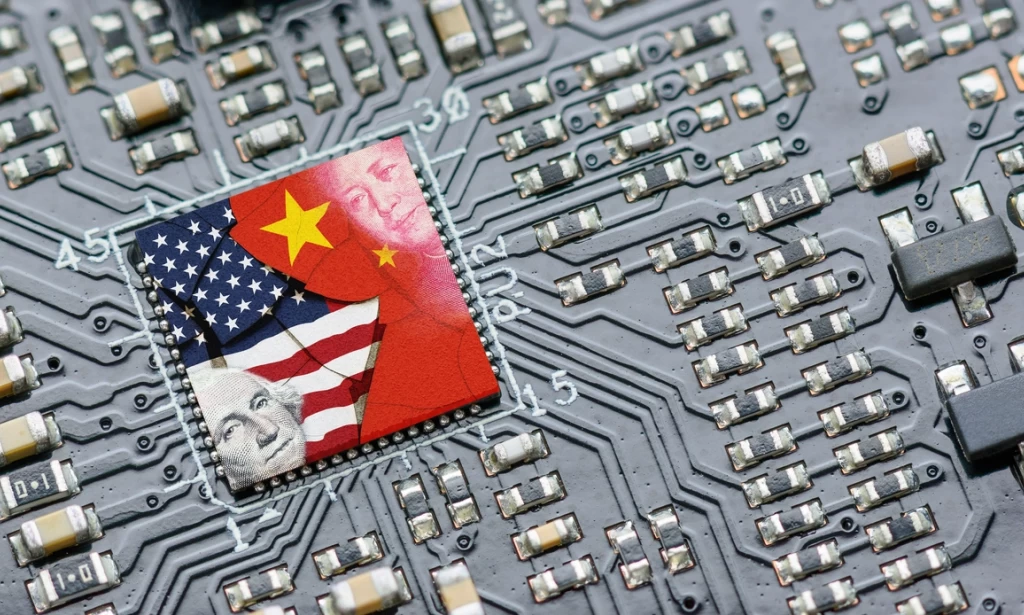China’s cybersecurity agency has accused the US government of orchestrating one of the largest cryptocurrency thefts in history, claiming that hackers stole 127,000 Bitcoin from the Chinese mining pool LuBian in 2020.
The accusation, published last week by the National Computer Virus Emergency Response Center (CVERC), alleges that the stolen Bitcoin was later disguised and repurposed as assets seized by the US Department of Justice (DOJ) in a separate criminal forfeiture case against Chen Zhi, a Cambodian businessman indicted in October for fraud and money laundering.
Chen, chairman of the Prince Group, remains at large. Authorities in the US, UK and several other jurisdictions accuse him of running a complex network of online scams involving forced labour and human trafficking.

State-level hack or legal seizure?
The CVERC report claims the theft occurred on 29 Dec 2020, when 127,000 BTC linked to Chen were removed from LuBian’s wallets and remained untouched for nearly four years before being moved to new addresses in mid-2024. Chinese analysts cited in the report described the inactivity as inconsistent with typical criminal behaviour, arguing it appeared “state-directed.”
A copy of the report republished by Bitget asserts that blockchain data later showed the new wallet addresses belonged to the US government, citing findings by analytics firm Arkham Intelligence.
LuBian, founded in early 2020 with operations in China and Iran, stored mining rewards in non-custodial wallets whose private keys were kept offline. The CVERC report alleges that flaws in the system’s random-key generation process left the wallets vulnerable to compromise.
However, as of 12 Nov 2025, the original CVERC technical paper has not been publicly released. Only excerpts have appeared in state-aligned outlets such as the Global Times and local crypto blogs summarising its claims.
Following the DOJ’s October indictment of Chen, US prosecutors said they had seized 127,000 BTC tied to him and his business network. The DOJ did not specify how the assets were obtained, prompting speculation from Chinese media that the seized Bitcoin was the same stash stolen from LuBian five years earlier.
Chen’s lawyer told Bloomberg that his client is working with cryptocurrency experts to trace the funds, describing the DOJ’s allegations as “seriously misguided.” The DOJ has not commented on China’s specific claims.
The dispute adds to mounting cyber tensions between Washington and Beijing, as both sides trade accusations of state-sponsored hacking amid an escalating geopolitical and economic rivalry.




You must be logged in to post a comment.